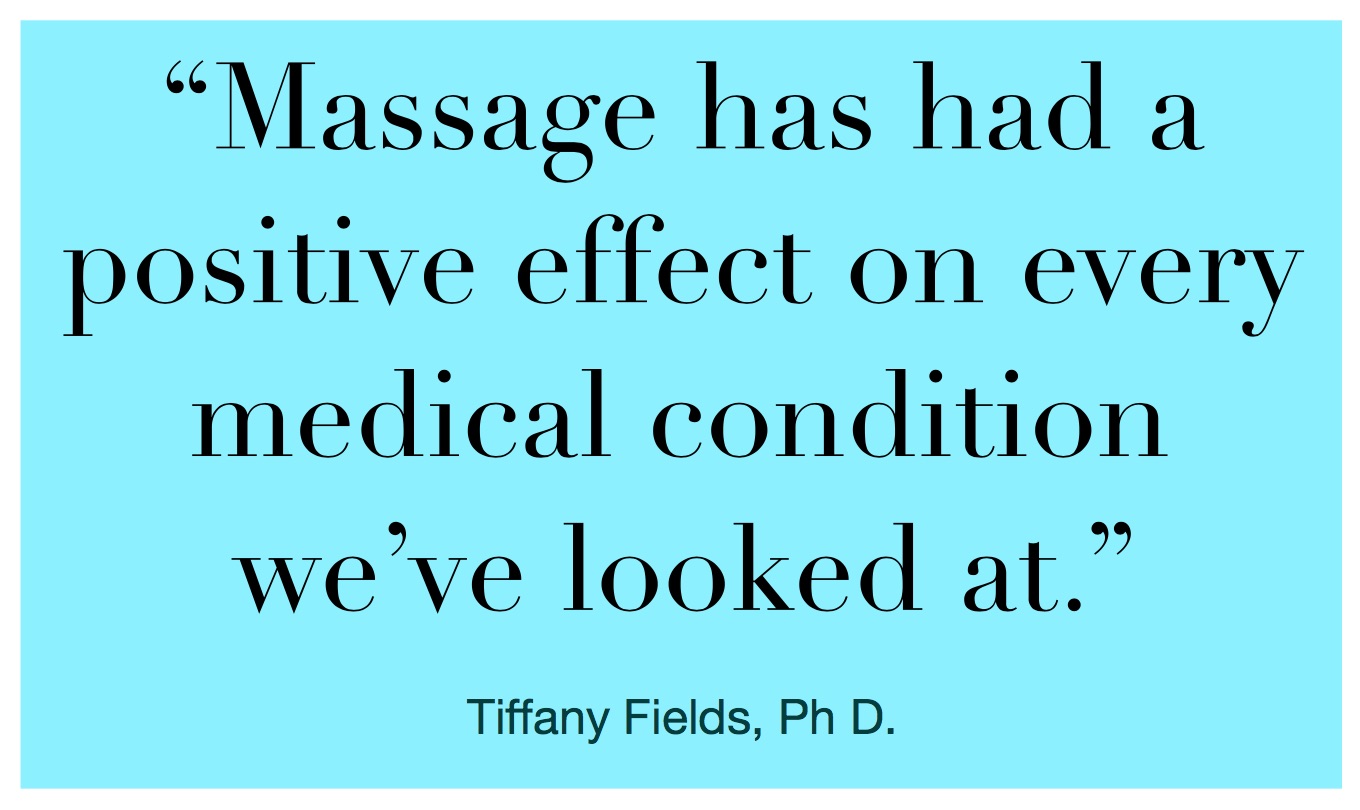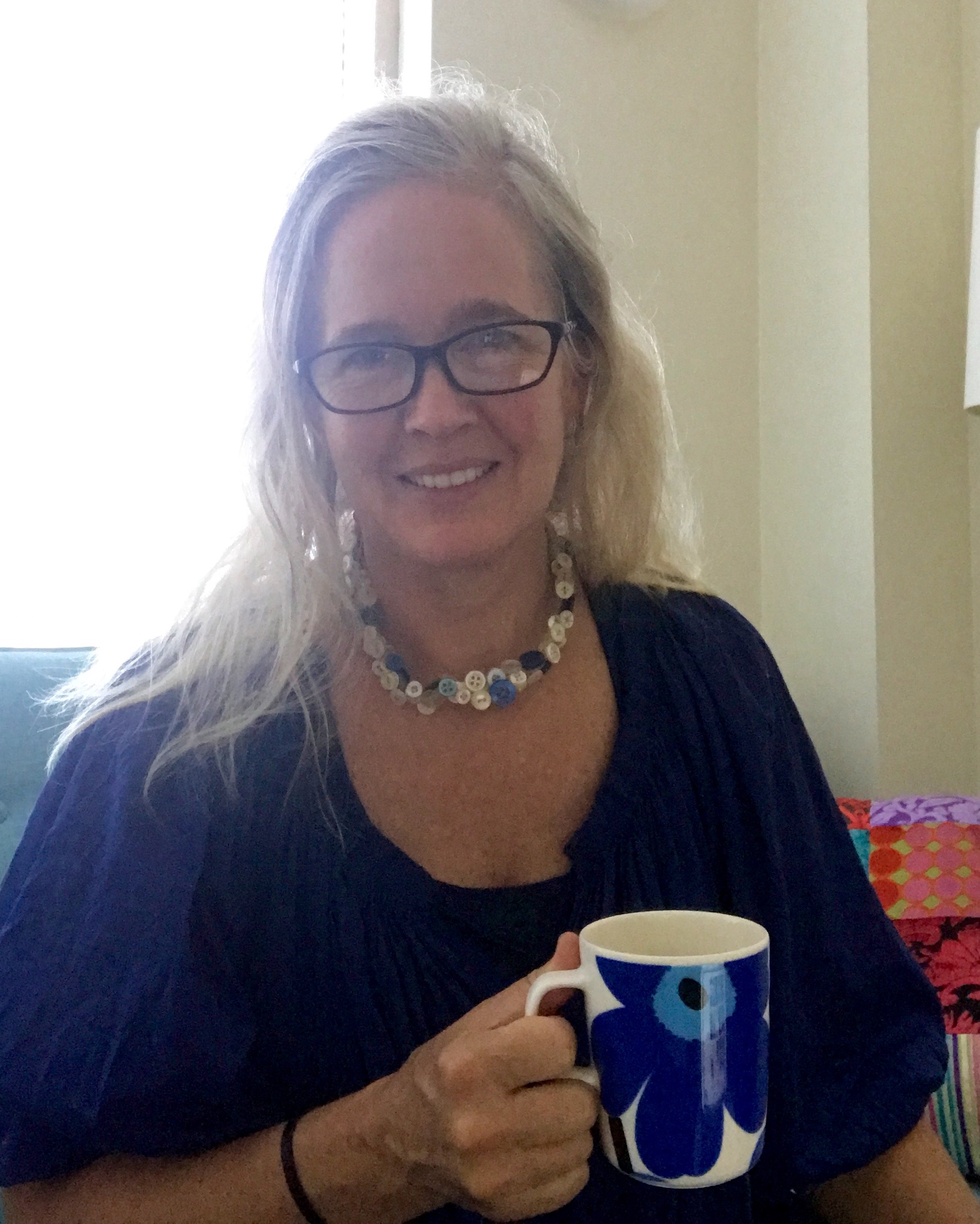Death, gratitude and daily life.
Death is inevitable. Death and taxes, as the saying goes… I noted, on turning 50, that I needed to anticipate the untimely deaths of at least 2 people per year from that point on, as after 50, our cells just stop doing their job quite as delightfully as previously experienced, and things go wrong. And so it was with a sense of expectation that at the age of 52, I have seen the death notices and Facebook posts to mark the passing of those who have done nothing to deserve this early departure, but nonetheless, who have passed away.
Death, whilst expected, is nonetheless difficult. We have poor response to grief, either in ourselves or others. When faced with a person who has lost their partner or child, we are more likely evade the conversation, cross the street, or make banal and pointless comments about the weather or anything, anything but the reality of asking how the grieving process is going.
We often see death as a reminder of our own imminent death. The feeling of panic about not having loved enough, saved enough, travelled enough, been grateful enough is too much to bear, so we put it aside and worry about the mundane daily process instead.
When faced with death in our immediate family, it is often made more difficult by either the process which must be met to eradicate their living, in terms of paperwork and wills and probate. And then after this is done, you still go to turn to them to laugh about some inane encounter and no, they are not there. They will never be there.
You can talk to the ether. You can write to them. You can pretend that they can still hear you. This may help, but there is still a person shaped space in your heart, which will never be filled. In some ways, this hole helps to shape you as a person. You can build around the space. You learn to see things in a way from the perspective of someone who has lost a love, a bolster, a friend. You gain perspective by wrapping your new life, your life which now lacks that person, and you lay your experiences around that space, but that empty space will always be there.
It is possible that as we grow older, we are made up more of empty spaces than substance, and our skill is of making the spaces line up neatly enough to allow us to gain strength from the new engineering of life over spaces.
But for some, the spaces become gaps, and it becomes harder to bridge the chasms in loss. The feeling of what you have lost becomes more than the appreciation of what you had, and what else you can become.
Death often brings home the sense of loss. We create drama from the lack of what might have been. We need to accept that life was always going to end, and be more grateful for the days which we have had, and worry less about the days which were untimely erased.
There have been deaths around my life of late, and I found myself so terribly sad for those left behind. Those who had no chance to say goodbye, to second guess the need to leave with grace and love, instead of casual fleeting rushed life.
I also realise that I feel so terribly inadequate in knowing how to manage to express my compassion for the loss of someone who is overwhelmed by their loss. Our culture has nothing practiced for this. We offer tea. Or wine. We send a card. Avoid conversation. Speak softly. Offer tissues. We are too afraid to ask “are you ok?” as we all know that when you ask that, everyone goes to pieces. And we know that they are not ok, so it seems pointless to ask anyway.
The thing is, we all need to care. We need to say that we are feeling broken hearted for the loss of those left behind. Even just to offer the truthfulness of “I don’t what to say, but I care enough to want to ask what I can do to help” is better than doing nothing and avoiding facing grief.
Be brave. Be helpful. Be a little gauche but be honest. Be graceful in retreat when told to, and be available when needed. Be present. Be sad. Cry. Wail a little. Recognise how lucky we were to have had that person in our lives at all. Be grateful that we are still alive for another day. And start to build strength around the space in your heart.
EA. 28/4/19.



